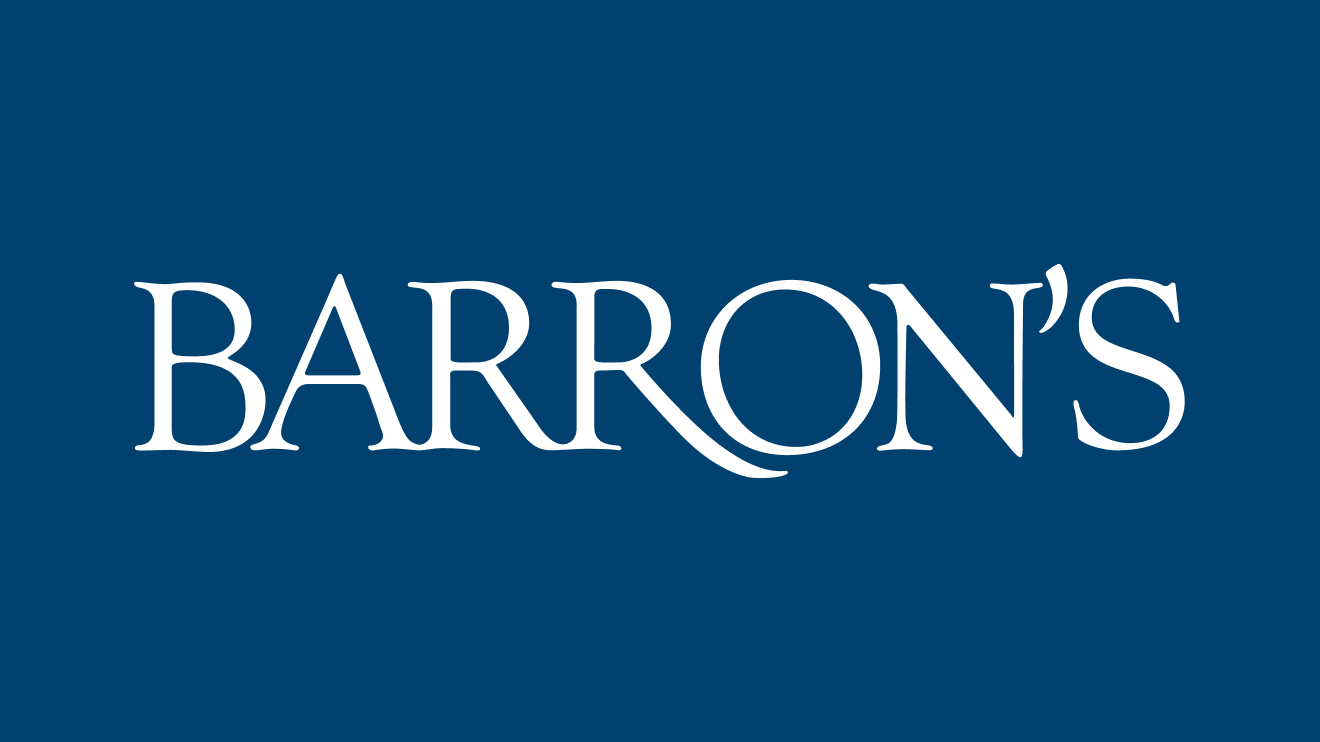The World Trade Organization (WTO) ministerial meeting ended on Saturday with a collapse in negotiations on subsidies for fishing and agriculture, the two central issues of this conference in Abu Dhabi.
The 13th Ministerial Conference revealed the deep divisions between the organization's 164 member countries amid geopolitical tensions that threaten global trade.
“I end with a quote attributed to Winston Churchill, who said, and I quote, “Success is not final.” Failure is not fatal. “What matters is the courage to keep going,” said WTO Director-General Ngozi Okonjo-Iweala.
“We worked hard this week, accomplished some important things and left others unfinished,” he said.
The Emirati President of the event, Thani Al Zeyoudi, acknowledged the restrictions in the final press conference.
Advertisement – Scroll to continue
“Despite our efforts, we were unable to agree on some texts that were of great importance to many of our members,” said Al Zeyoudi, Emirati Foreign Trade Minister.
The WTO is the only international organization that sets trade rules between countries and requires the consensus of all its members to conclude an agreement. At the meeting, an agreement on electronic commerce was reached at the last minute.
“Although e-commerce has been saved, we can talk about a crisis in the WTO,” said a source close to the five days of discussions.
Advertisement – Scroll to continue
In 2022, the WTO reached an initial agreement to ban subsidies for so-called IUU fishing (illegal, unreported and unregulated fishing), overfished shore-based fishing and unregulated deep-sea fishing, with some exceptions for developing countries.
Diplomats at WTO headquarters in Geneva agreed on a draft agreement that offered flexibility and benefits to developing countries.
However, some members, particularly India, called for further concessions, including transition periods for developing countries, which others believe are too long.
Advertisement – Scroll to continue
The agriculture deal appeared complex at a time when protests in the sector have rocked Europe and India and raised concerns among governments.
Negotiators tried to adopt a text listing issues worthy of further debate, but were met with India's demand to replace temporary measures adopted by the WTO with permanent rules, such as those regulating public storage of agricultural supplies.
The ministerial meeting agreed to save a moratorium on tariffs on digital transfers, which was extended for another two years.
This moratorium has been periodically extended since 1998, when WTO member states first agreed not to impose tariffs on the electronic transmission of digital products.
apo/ho/an/say/an

